-
Who we are
-
-
StrategyMission
To solve the challenges of organizations and communities through intelligent, secure, sustainable, and people-centered solutions, so they generate real value in their social and productive contexts.
VisionTo be the chosen company by organizations seeking to innovate with quality, purpose, and trust in the intelligent era.
Learn moreValues- Ethics and transparency
- Professionalism
- Respect
- Honesty
- Innovation
- Responsibility
- Effectiveness
- Integrity
- Customer orientation
- Punctuality
-
-
-
History
Sofis Solutions was born in 2005, in the city of Montevideo - Uruguay.
Since its inception, the main driver was and remains quality. This applies to processes, products, and relationships with the environment.The internationalization of the company It was one of the founding objectives. In the first stage, it expanded from Uruguay, and in the second stage, it opened offices in Latin American countries. Currently, it has offices in Montevideo, Panama, El Salvador and Ecuador.
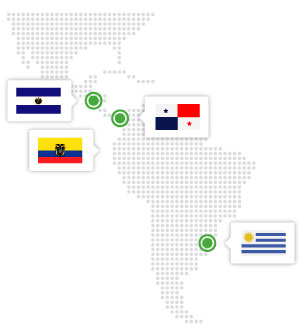
-
-
-
Alliances

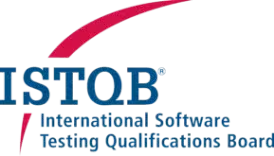



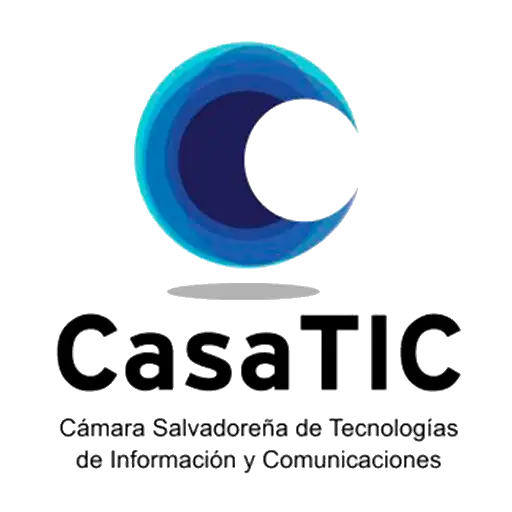
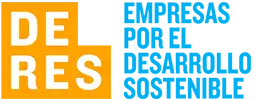

-
-
-
Certifications

CMMI-DEV-3
More informationNational Quality Award - 2023 Edition
More informationISO 9001:2015
Quality Management SystemISO 37001:2016
Anti-Bribery Management SystemISO 14001:2015
Environmental Management System
-
-
-
SustainabilityLearn more
Sofis Solutions integrates environmental, social, and governance (ESG) principles into its management and operations, driving sustainability through Digital Transformation. Its strategic approach prioritizes energy efficiency, digital inclusion, and transparency in digital governance, contributing to the responsible development of organizations.
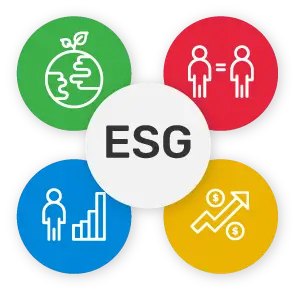
-
-
-
What we do
-
-
IT projectsLearn moreAt our Software Factory, we specialize in providing software development solutions with a focus on excellence and sustainability.
-
-
-
Software qualityOur software quality services comprehensively address the aspects or dimensions of software quality, addressing this approach throughout the entire software development cycle.
- Manual and automated functional suitability testing
- Performance testing
- Software product quality
- Software quality consulting
Learn more
-
-
-
Staff AugmentationLearn moreWhat is IT Staff Augmentation? IT Staff Augmentation is a specialized technical staffing model that enables organizations to increase their agility and respond to the changing technological needs of the market.
-
-
-
ConsultancyIn the public sector, strategic decisions and projects with citizen-centered designs and excellence have the power to transform entire communities.Learn more
-
-
-
BIonA SuiteBIonA Suite is a comprehensive platform for the intelligent management of processes and services in public and private organizations. BIonA Suite facilitates smart transformation with a focus on public value and user experience. Learn more
-
-
-
Projects
-
-
Recent projects
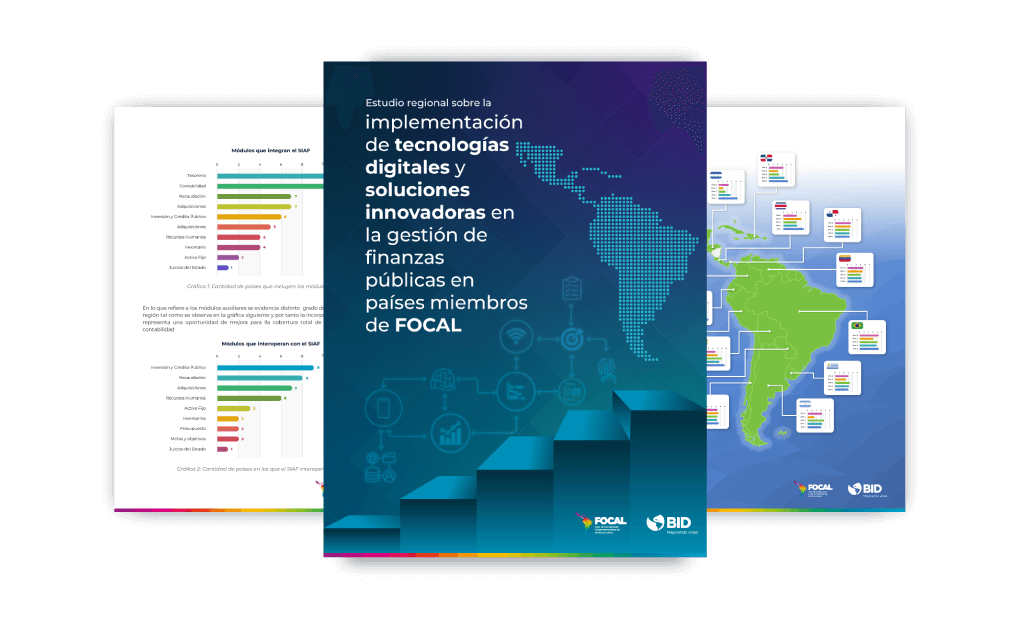 FOCAL Regional StudyFOCAL - El Salvador
FOCAL Regional StudyFOCAL - El Salvador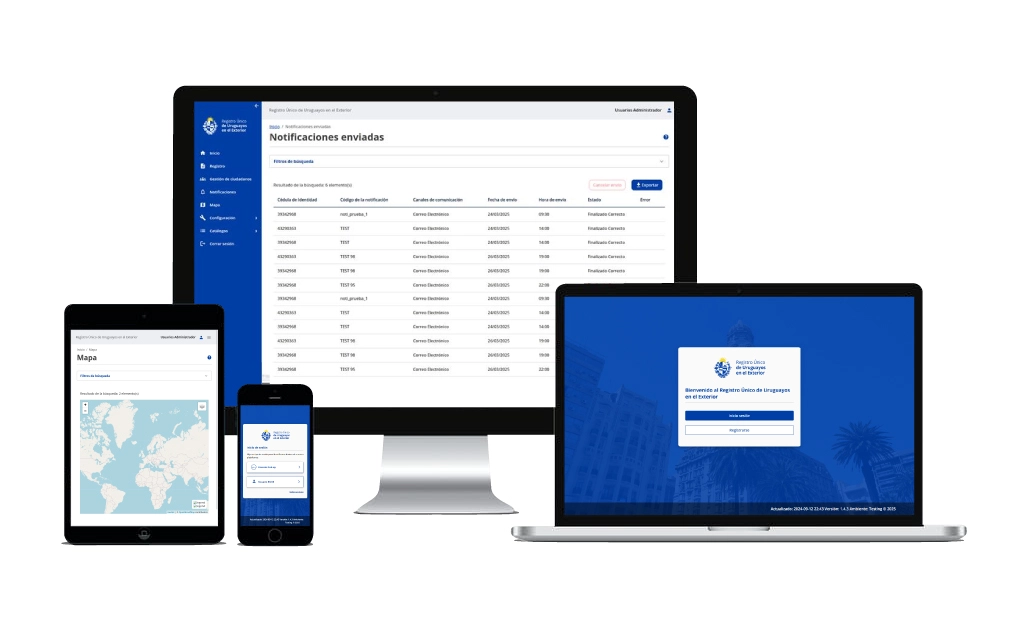 Single Registry of Uruguayans AbroadMinistry of Foreign Affairs - Uruguay
Single Registry of Uruguayans AbroadMinistry of Foreign Affairs - Uruguay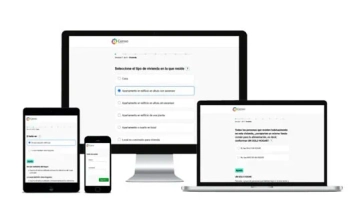 Population and Housing Census 2023National Institute of Statistics - Uruguay
Population and Housing Census 2023National Institute of Statistics - Uruguay
-
-
-
Digital Public InfrastructureWhat are Digital Public Platforms?ProjectsProducts
-
-
-
-
Mobile applicationsWe create hybrid, native, and PWA solutions for devices with Android and iOS operating systems.
Some of our projects:Digital Patrols, Ecuadorian Bovine Information System, Easy Budget UY, Digital Portfolio, SIGES Teachers App, SIGES Parents App.
Learn more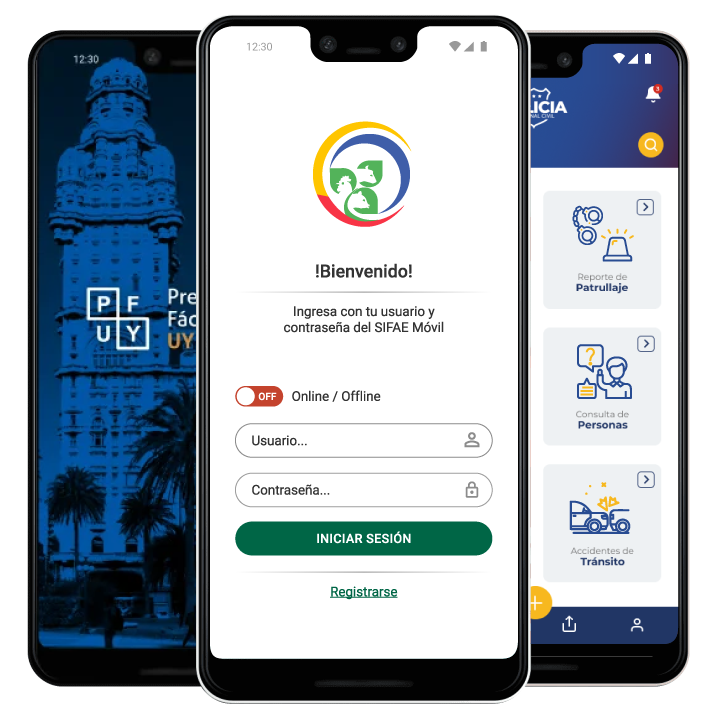
-
-
-
FOCAL regional studyThe purpose of the study was to carry out a regional analysis with the objective of identifying and evaluating the maturity level of the member countries of the Latin American Government Accounting Forum (FOCAL), currently composed of Argentina, Bolivia, Brazil, Chile, Colombia, Costa Rica, Ecuador, El Salvador, Guatemala, Honduras, Mexico, Nicaragua, Panama, Paraguay, Peru, Dominican Republic, Uruguay and Venezuela.Learn more
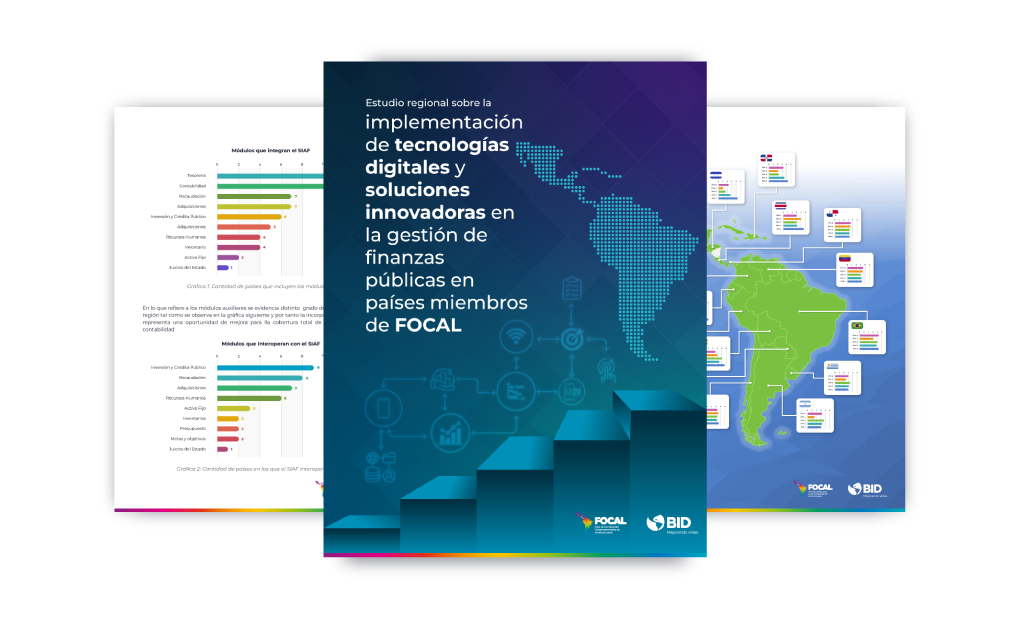
-
-
- AI
-
-
Artificial IntelligenceLearn moreAdvanced Artificial Intelligence (AI) and Big Data solutions that transform the way organizations make decisions and optimize their operations. We specialize in the development of intelligent autonomous agents and generative AI solutions using large language models (LLMs), both on local infrastructure and in the cloud.
-
- Press Room
-
-
Sustainable development
-
-
-
Interviews
 16/06/2025Virtual Threads in Java
16/06/2025Virtual Threads in Java
-
- Innovation
-
-
#GreenSofisMore information
Methodology
#GreenSofisSustainable Digital Transformation Conference
#GreenPath
-
-
-
AI For Everything
It is an initiative by Sofis Solutions, from the Intelligent Solutions Division, that promotes the adoption of artificial intelligence as a key driver of efficiency and effectiveness in the intelligent era.
It integrates both administrative and operational processes, promoting an organizational evolution where technology amplifies knowledge, optimizes decision-making, and generates value in a sustainable and inclusive way.
More information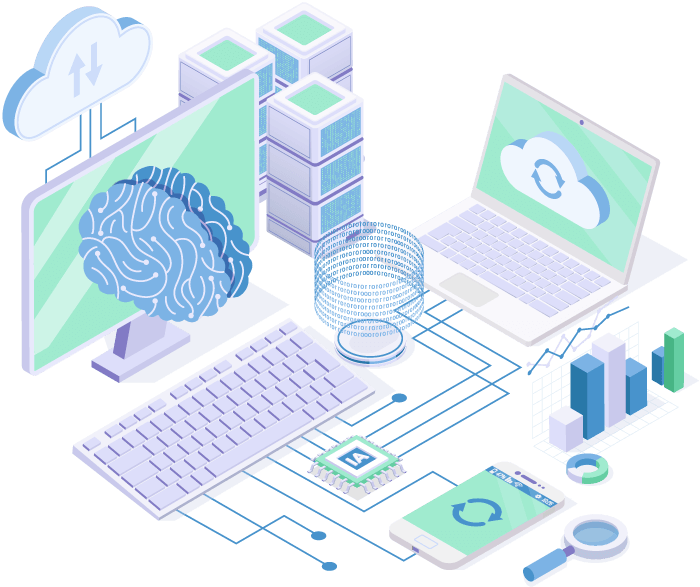
-
- Contact us
- ES PT-PT
-
Mobile Applications


Mobile development methodology
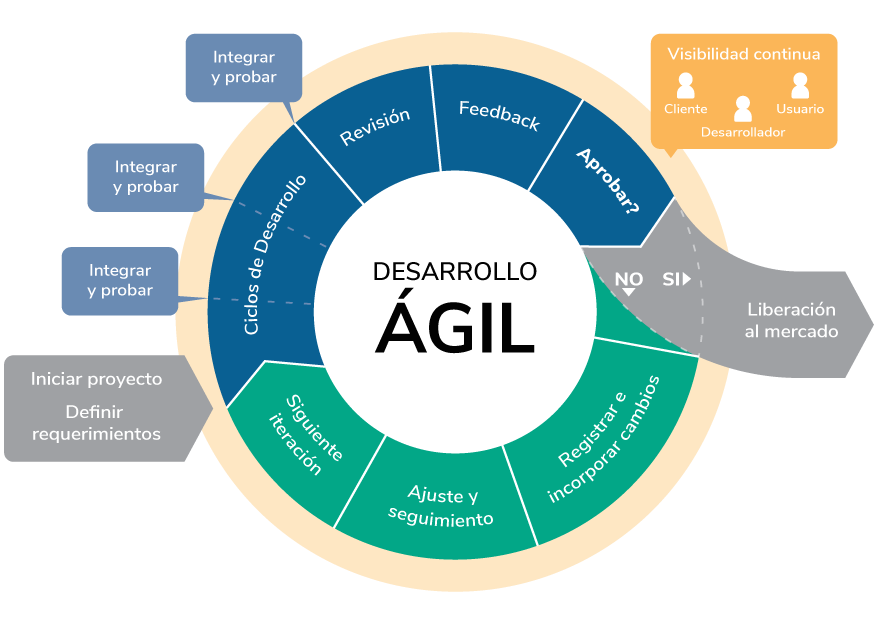
Some of our projects
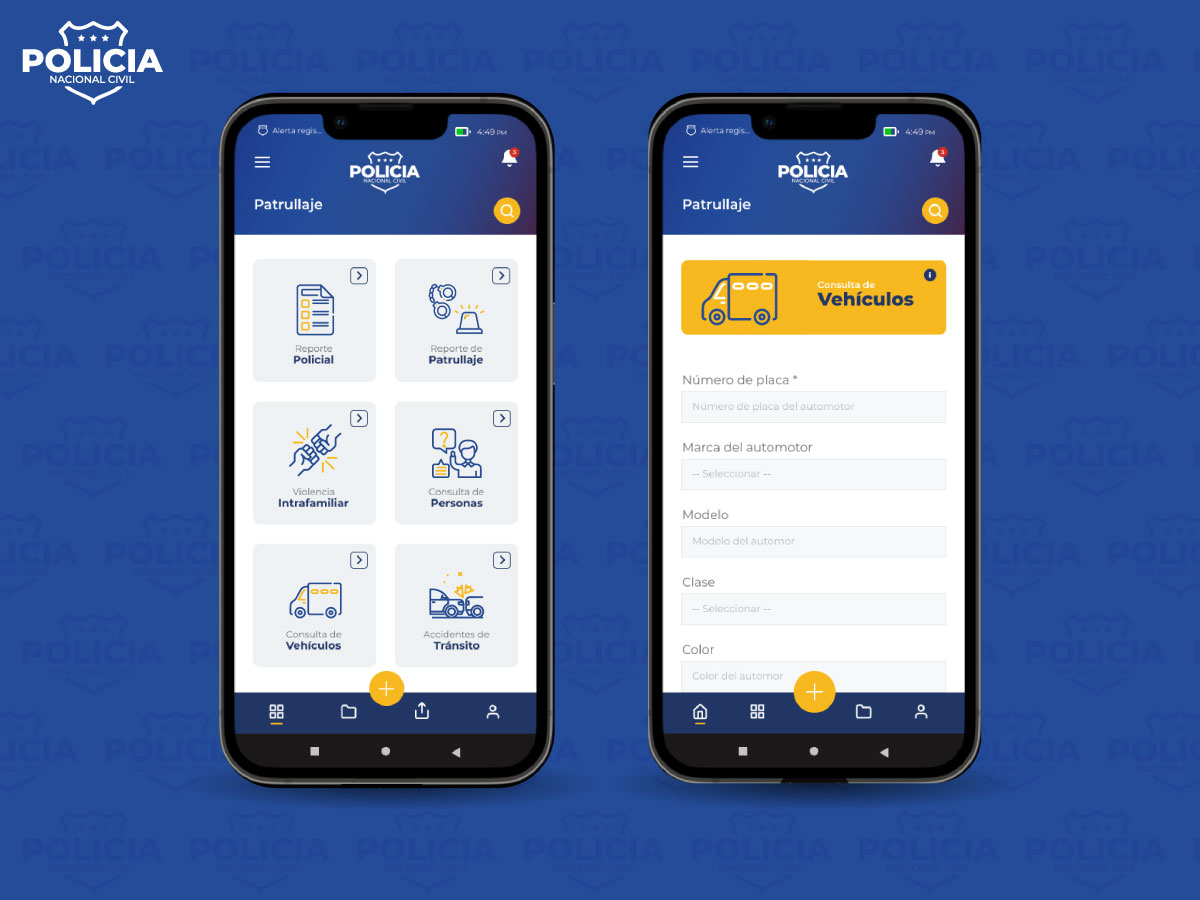 Beneficiary: Digital Patrols
Beneficiary: Digital PatrolsFrom 2021 to 2022
Country: El Salvador
Digital Patrols
Digital Patrols is a mobile application installed on authorized Android devices that allows police officers to document relevant activities or incidents during their patrol shift.
The following functionalities are mainly highlighted:
- Real-time patrol tracking: The person in charge of leading the patrol indicates from their application when the patrol starts and ends. During the patrol, a web application accessible from the institution allows for real-time tracking of the mobile device's movement.
- Police reports: This feature allows reporting of suspicious events or traffic accidents by sending a photograph if required and the coordinates of the incident.
- Domestic violence: Enables the reporting of domestic violence cases for follow-up from the back-office application.
- Personal or vehicle data inquiry: Through OCR reading (a mechanism for extracting text from a photograph of a document), it allows police officers to determine whether the person holding the ID has an arrest warrant or, in the case of vehicles, a theft report.
This application helps improve the quality of service to citizens and provides the institution (PNC) with a tool that streamlines their processes during patrol shifts.
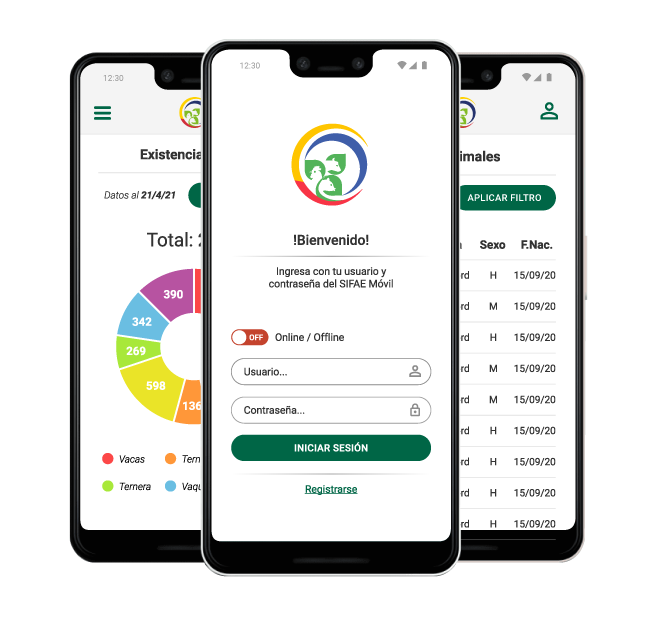 Beneficiary:Agrocalidad
Beneficiary:AgrocalidadFrom 2021 to 2021
Country: Ecuador
Ecuadorian Bovine Information System (Mobile Application)
The project's objectives were to design, develop, and implement a mobile application with online and offline functionality for Android and iOS operating systems. This application records, reviews, integrates, and consumes critical information related to primary production processes for livestock chains (including geolocation and geographic coordinates). This information is primarily related to livestock traceability: registration of livestock operators, requesting and reading individual identifiers, notification of births and deaths, management of transport guides, and other activities identified in the process.
The application allows for registration of livestock operators, the sending of information on livestock identifiers, birth and death notifications, and the management of transport guides, among others.
The project was funded by the United Nations Development Program in Ecuador, with the beneficiary being Agrocalidad, the agency responsible for the control and regulation of animal health, plant health, and food safety.
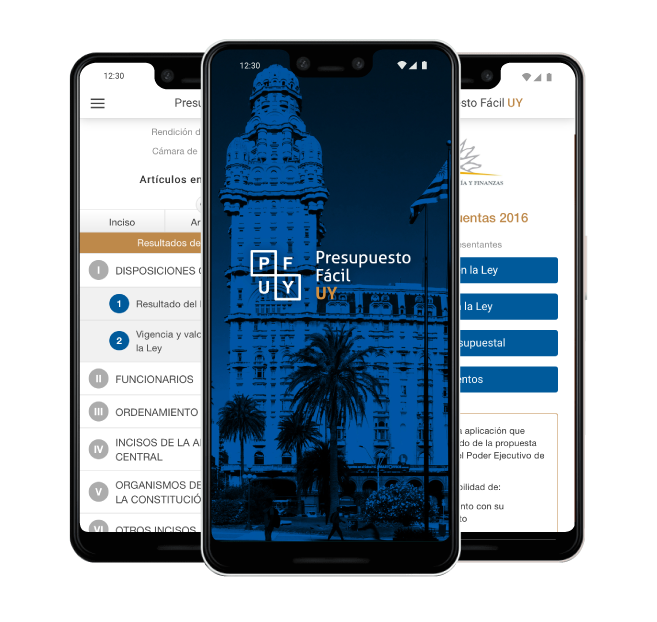 Beneficiary:Ministry of Economy and Finance
Beneficiary:Ministry of Economy and Finance From 2017 to 2018
Country: Uruguay
Easy Budget UY
Presupuesto Fácil UY is a mobile application that allows users to view and consult data from the Uruguayan State Budget Laws and Accountability Reports.
The application offers both citizens and legislators the possibility to:
- View each article along with its rationale and cost
- Track the articles through the different parliamentary stages
- View the total cost of the articles using different criteria
- View the tables from the explanatory statement related to aggregate budget analysis and by Incisos
This application represents another step toward the institution's goal of transparency.
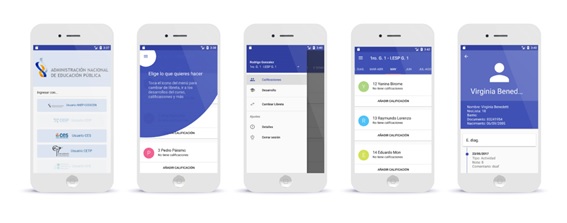 Beneficiary:National Administration of Public Education
Beneficiary:National Administration of Public Education From 2016 to 2020
Country: Uruguay
Digital Portfolio
The project involves the design and implementation of an information system for data entry within the framework of teaching activities in a subject group (e.g., 1st year, group 3, Mathematics), such as course planning, activity reports, daily grades, periodic assessments, etc.
It also facilitates review by principals, inspectors, and adjuncts of data entered by teachers, as well as the sending of notifications between these different educational stakeholders. Due to the dynamic and varied curricula currently in force in the country, the system can be adapted to these by defining different evaluation periods (bimonthly, quarterly, semester, etc.), grade types (numerical: 1-12, numerical: 0-100, etc.), and evaluation types (written, oral, workshop, laboratory, practical, etc.), in addition to the extension of parts of the interface.
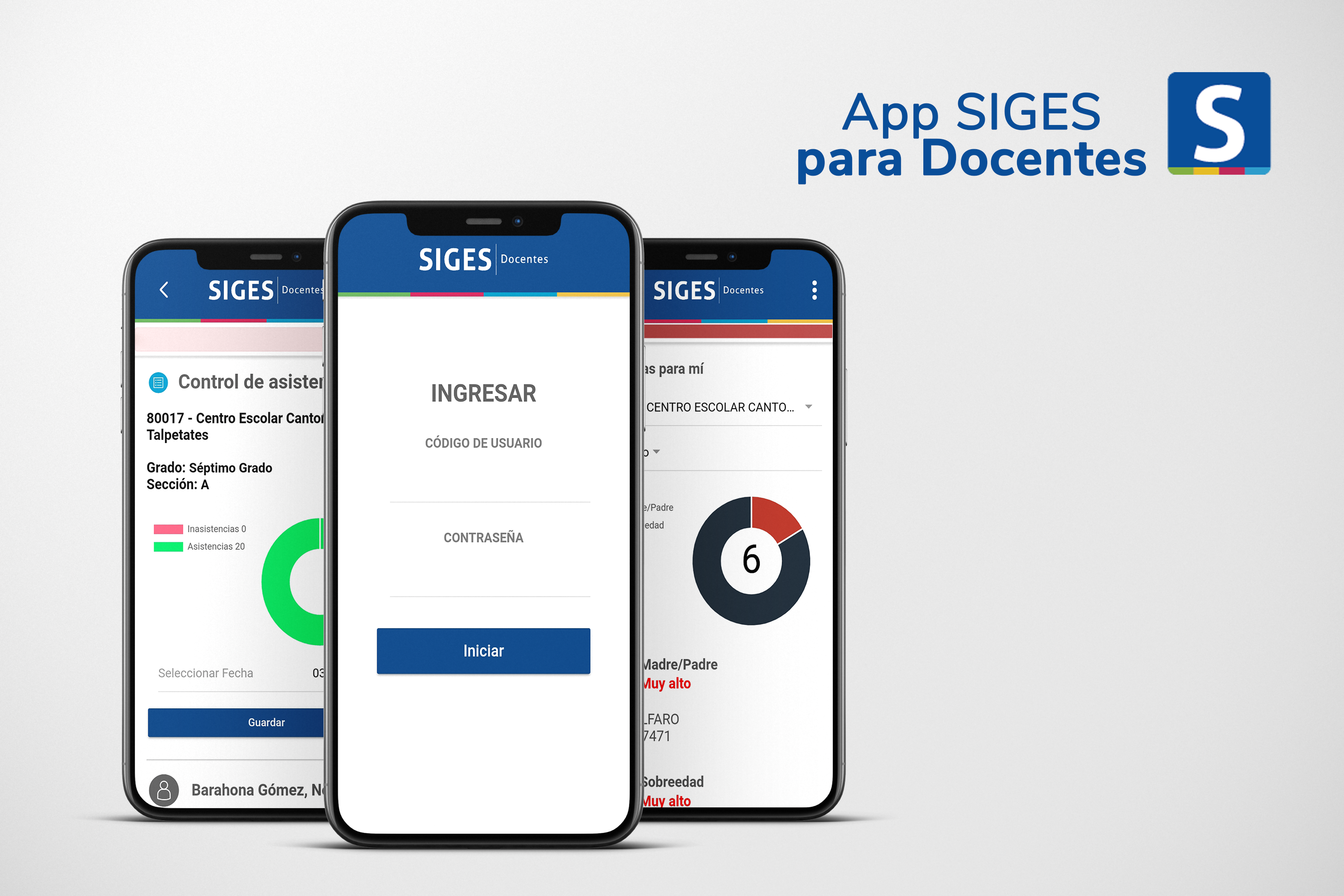 Beneficiary:Ministry of Education, Science and Technology
Beneficiary:Ministry of Education, Science and Technology From 2019 to 2021
Country: El Salvador
SIGES Teachers App
As part of the SIGES consultancy, a mobile application was developed for teachers, allowing them to record and view student attendance for a given class section, as well as detect potential early warning signs of student dropout.
The application includes the following functionalities:
- Early warnings: The system can detect potential risk of school dropout.
- My sections: List of the class sections assigned to a teacher.
- Attendance: Teachers can take student attendance through the app.
- Offline mode: Allows attendance to be recorded without internet access; once the device is connected, the data will automatically sync with SIGES without losing any information.
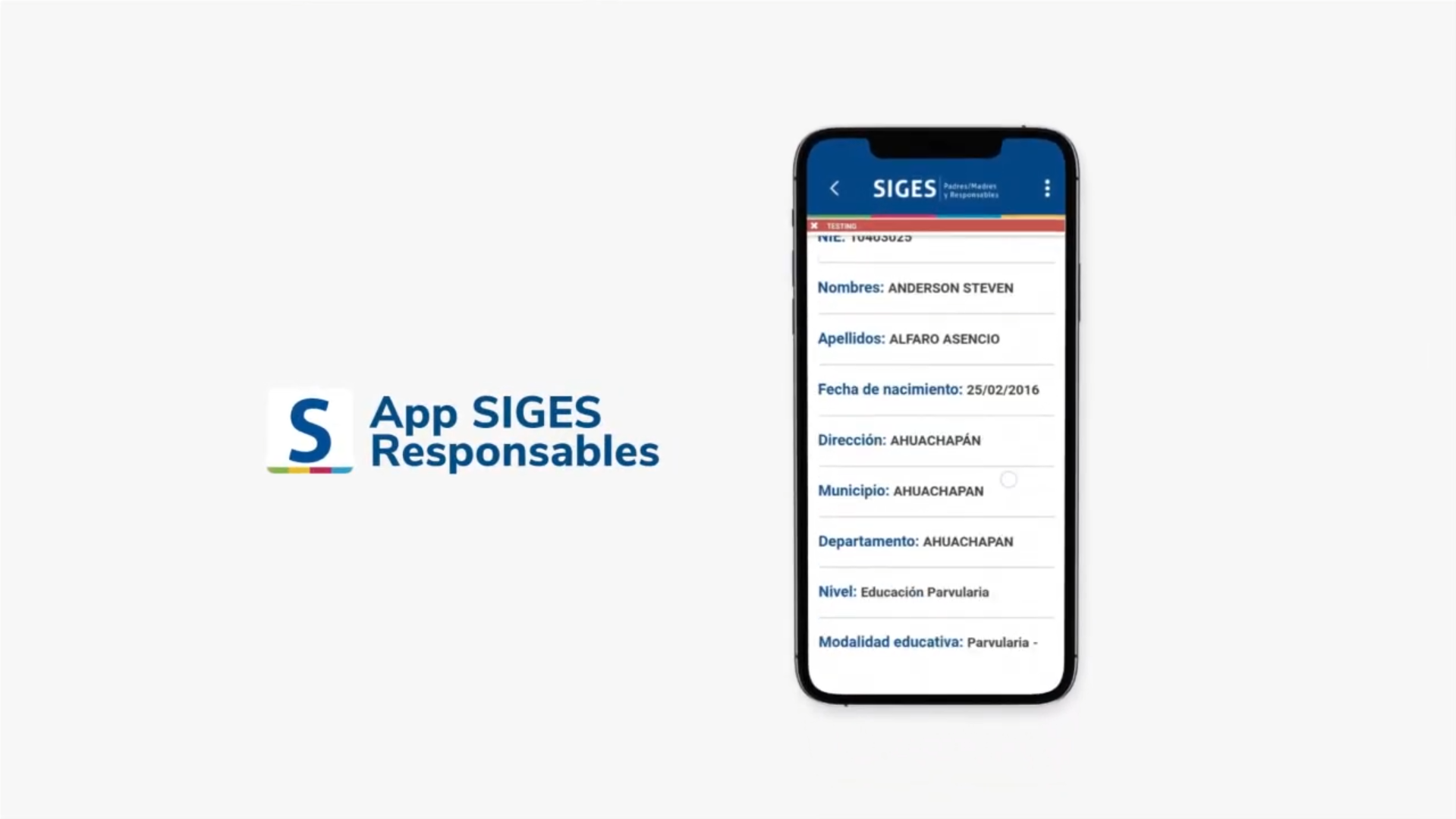 Beneficiary:Ministry of Education, Science and Technology
Beneficiary:Ministry of Education, Science and Technology From 2019 to 2021
Country: El Salvador
SIGES Parents App
One of the tools introduced during the SIGES consultancy was the launch of a mobile application aimed at mothers, fathers, and legal guardians (individuals registered on the student’s enrollment form).
Through this application, legal guardians have access to the following functionalities:
- Enrollment: Access to information related to the student (full name, date of birth, and academic level).
- Attendance: View the full attendance record of the student, including the number of justified and unjustified absences.
- Educational center: View all information related to the educational institution.
- Send messages: Guardians can communicate directly with the educational center through direct messages.
- Request enrollment: Access general information about educational institutions registered in SIGES nationwide to carry out the enrollment process.
- Online procedures: Start a process online through the application without having to visit the Ministry of Education's office in person.












 Digital Signature
Digital Signature BionA Suite
BionA Suite Biona SIgn
Biona SIgn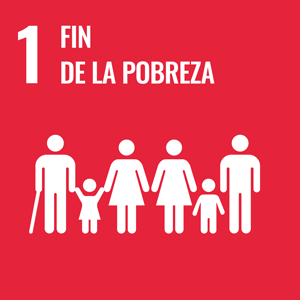
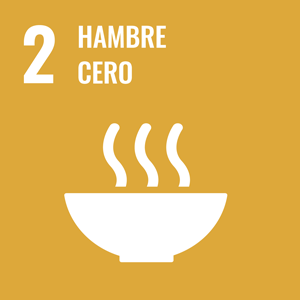
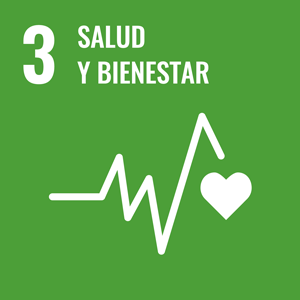
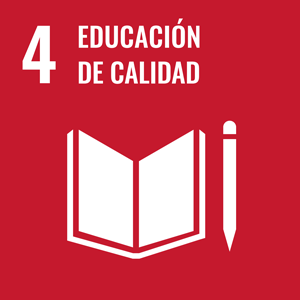
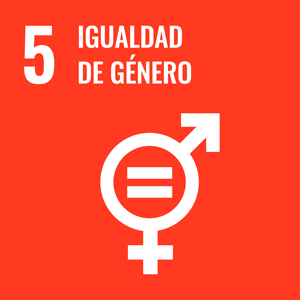
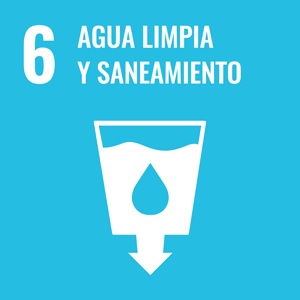
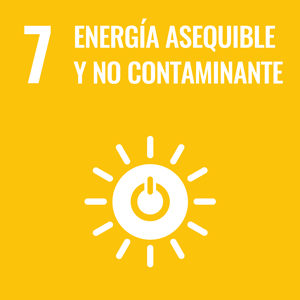
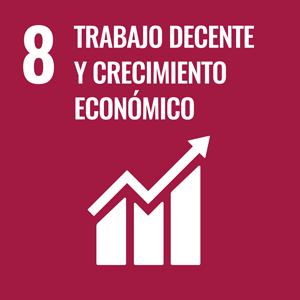
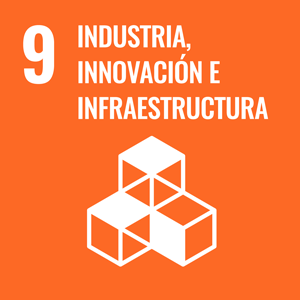
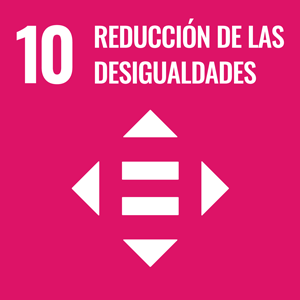
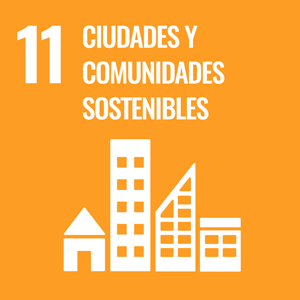
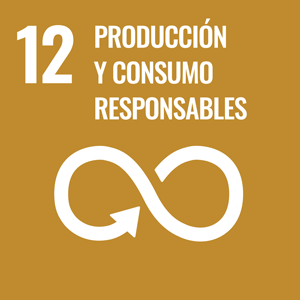
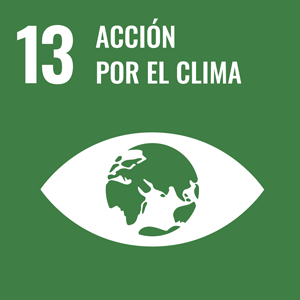
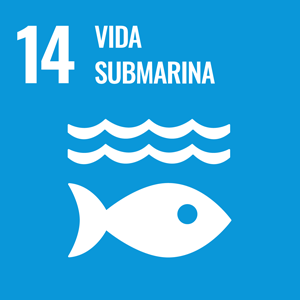
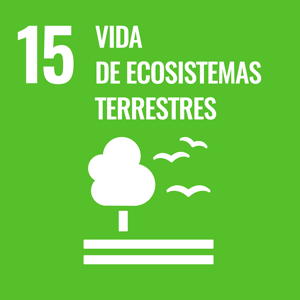
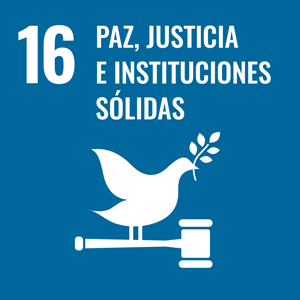
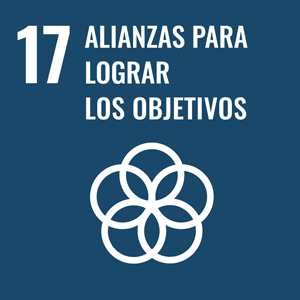
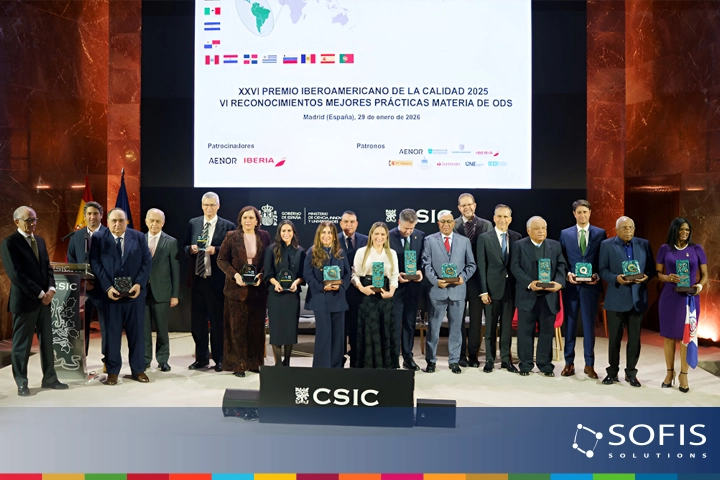


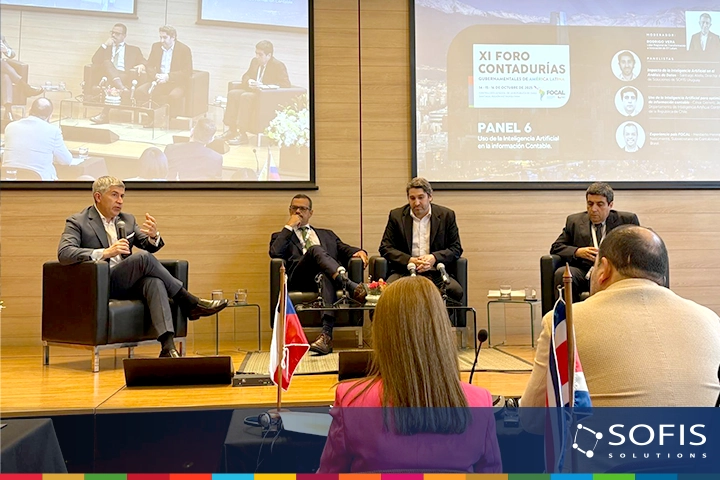
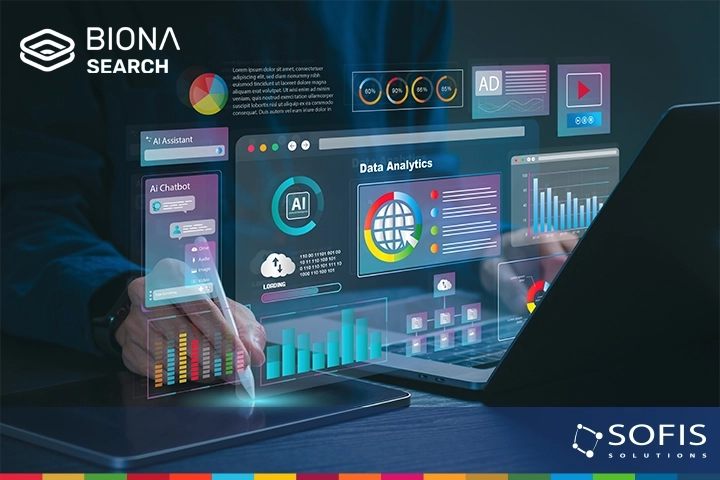


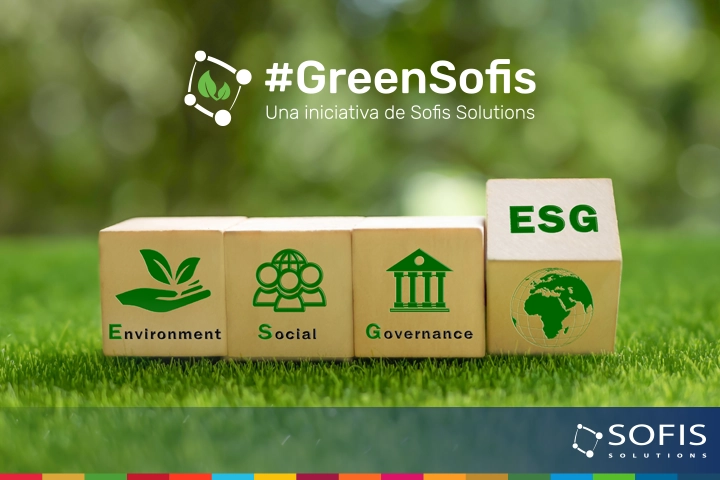

 Flutter
Flutter  Kotlin
Kotlin  ReactNative
ReactNative  Ionic
Ionic